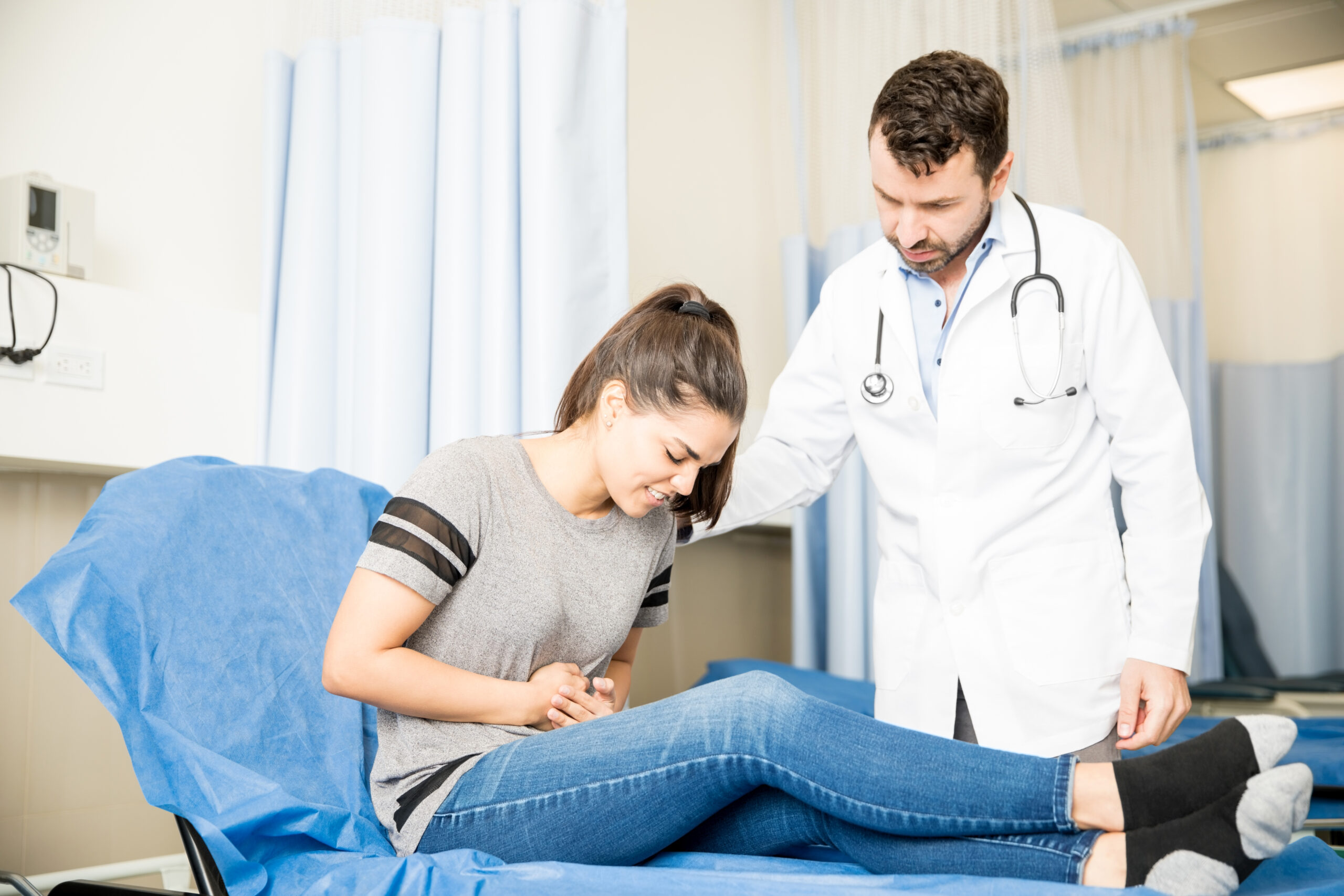Sphincterotomy in Connecticut
What is a sphincterotomy?
Lateral internal sphincterotomy is a surgery used to treat anal fissures. An anal fissure is a tear within the lining of one’s anus and is often associated with bleeding and pain when passing stool. The internal sphincter muscle within the anus is always under tension, but an elevation in pressure could proceed to the development of anal fissures or the prevention of an existing fissure from healing. If you are seeking a provider who offers sphincterotomies in Connecticut, our team can help. Consult with a Connecticut GI location in your community to request a consultation with one of our gastroenterologists to learn more about this treatment process.

Who is a candidate for a sphincterotomy?
This surgery can be an effective treatment for patients with anal fissures. Anal fissures may cause the following symptoms:
- Pain with bowel movements
- Itching
- Bleeding
Some anal fissures may improve on their own or with the help of home treatments. Lateral internal sphincterotomy is typically recommended in cases where more conservative approaches fail to heal the fissure.
How does a sphincterotomy work?
The sphincterotomy with our Connecticut providers is performed on an outpatient basis under either local or general anesthesia. Your GI provider will make a small incision within the internal anal sphincter. This incision in the muscle lowers the pressure, thereby allowing the fissure to heal. The incision will be stitched with dissolvable stitches or may be left open to heal naturally. As in any procedure, lateral internal sphincterotomy can involve certain complications and risks. For example, the inability to control stool or gas, pain, bleeding, infection at the location of the incision, or difficulty with passing urine. Your Connecticut GI specialist can discuss a complete list of possible risks and benefits of this procedure with you before scheduling your procedure.

Achieve optimal healing from anal fissures
Sphincterotomy FAQs
How effective is sphincterotomy in treating anal fissures?
Sphincterotomy is an extremely effective treatment for chronic anal fissures, boasting success rates often above 90%. This surgical procedure provides relief by decreasing tension in the anal sphincter, which enhances blood flow to the affected area and promotes healing. Most patients report significant alleviation of symptoms and a swift improvement in their condition after the procedure. This makes sphincterotomy a dependable choice for individuals who have not seen results from conservative treatments.
Will I need to stay in the hospital after a sphincterotomy?
A sphincterotomy is usually carried out as an outpatient procedure, meaning you typically don’t have to stay overnight in the hospital. Most patients are able to go home the same day, after the effects of the sedation have subsided. Your doctor will give you specific instructions tailored to your particular situation and the complexity of the surgery. Recovery is generally manageable at home, and you can expect to return to normal activities within a few days, though complete healing may take several weeks.
What should I expect in terms of pain management after a sphincterotomy?
After a sphincterotomy, managing pain is an important part of the recovery process. Your doctor will likely prescribe pain medication to help control any discomfort following the procedure. Additionally, sitz baths (warm water baths focused on the perineal area) are commonly recommended to relieve pain and promote healing. It’s essential to follow your doctor’s guidance on pain management closely to ensure a smooth and comfortable recovery.
